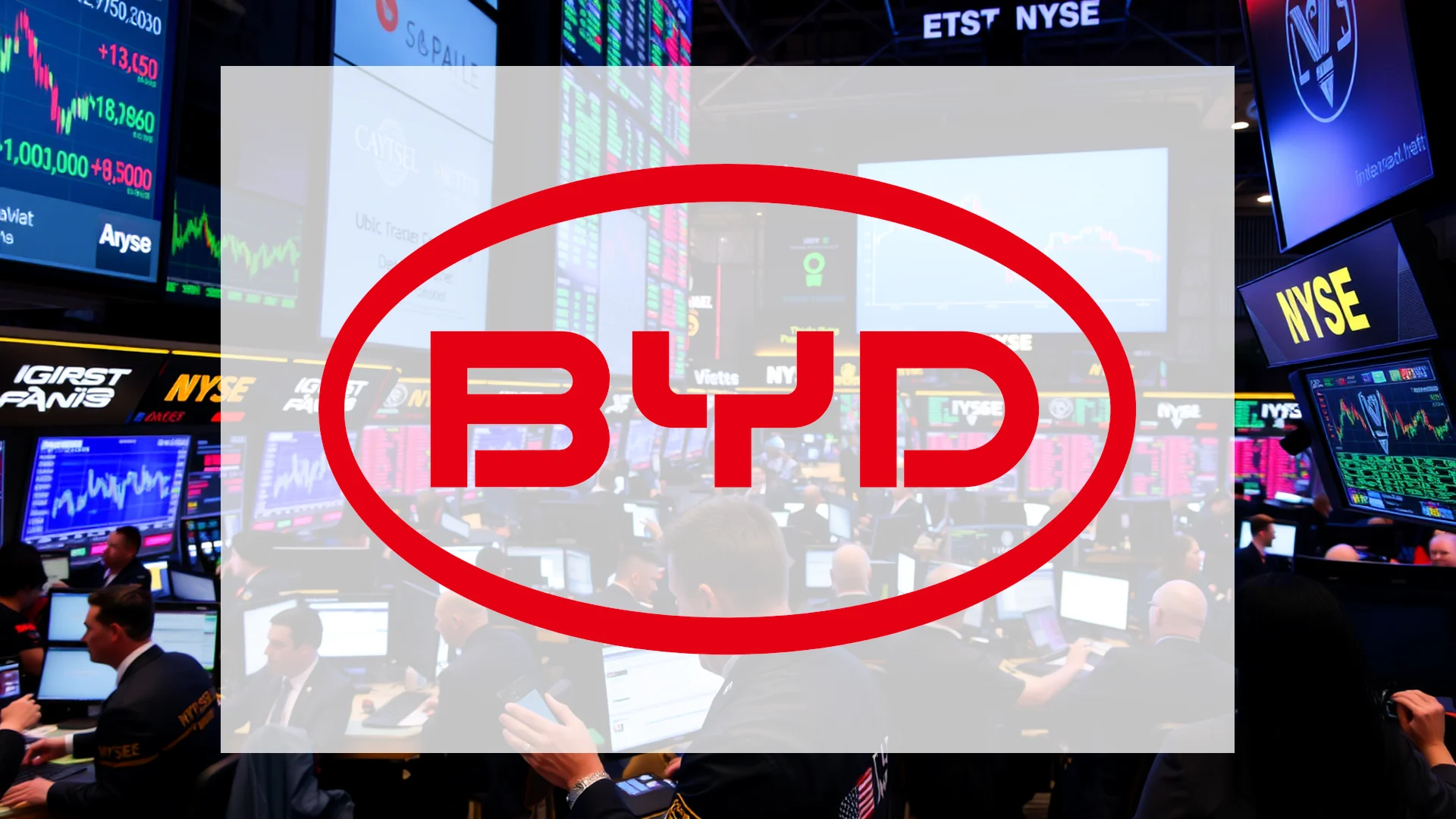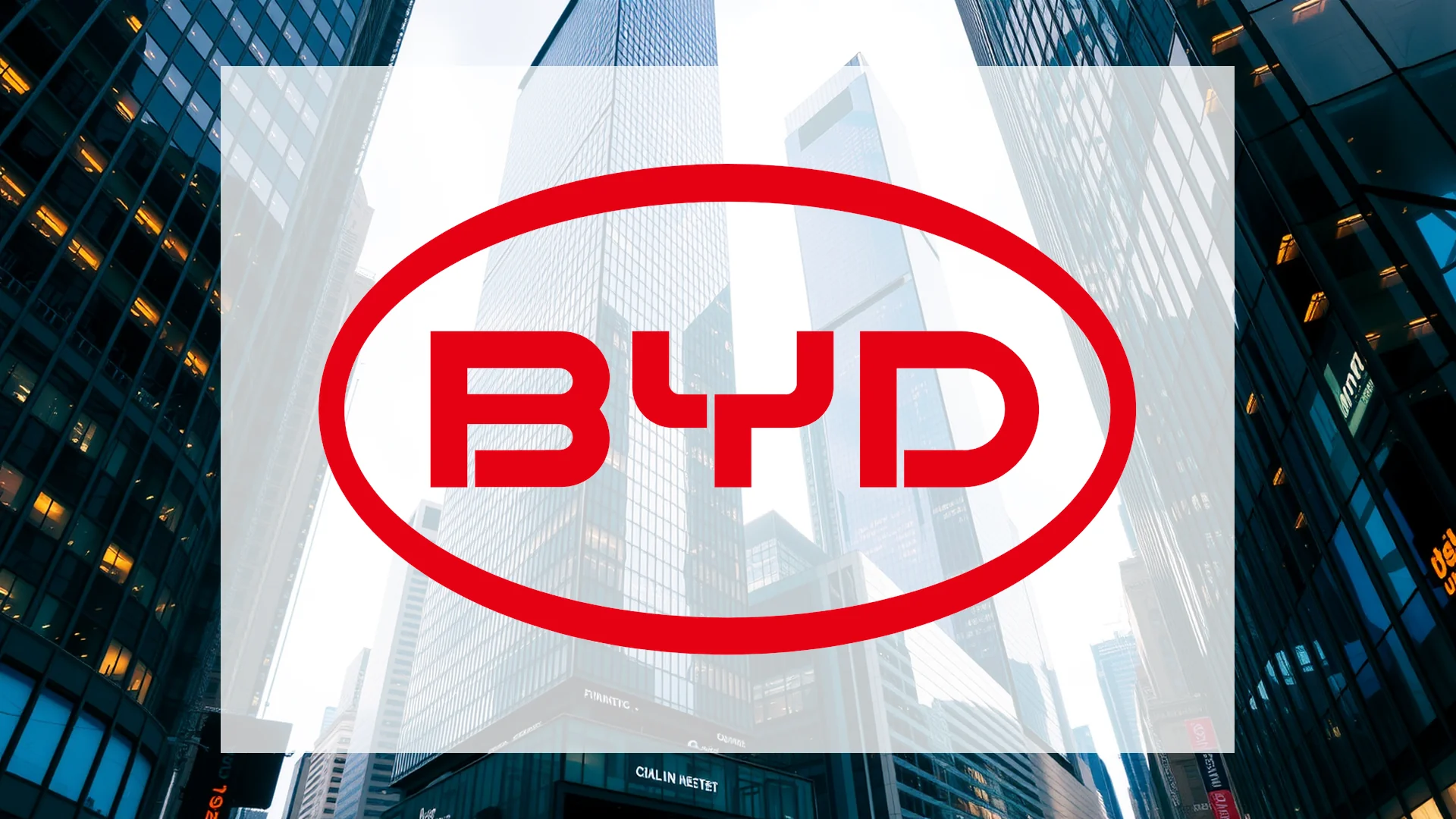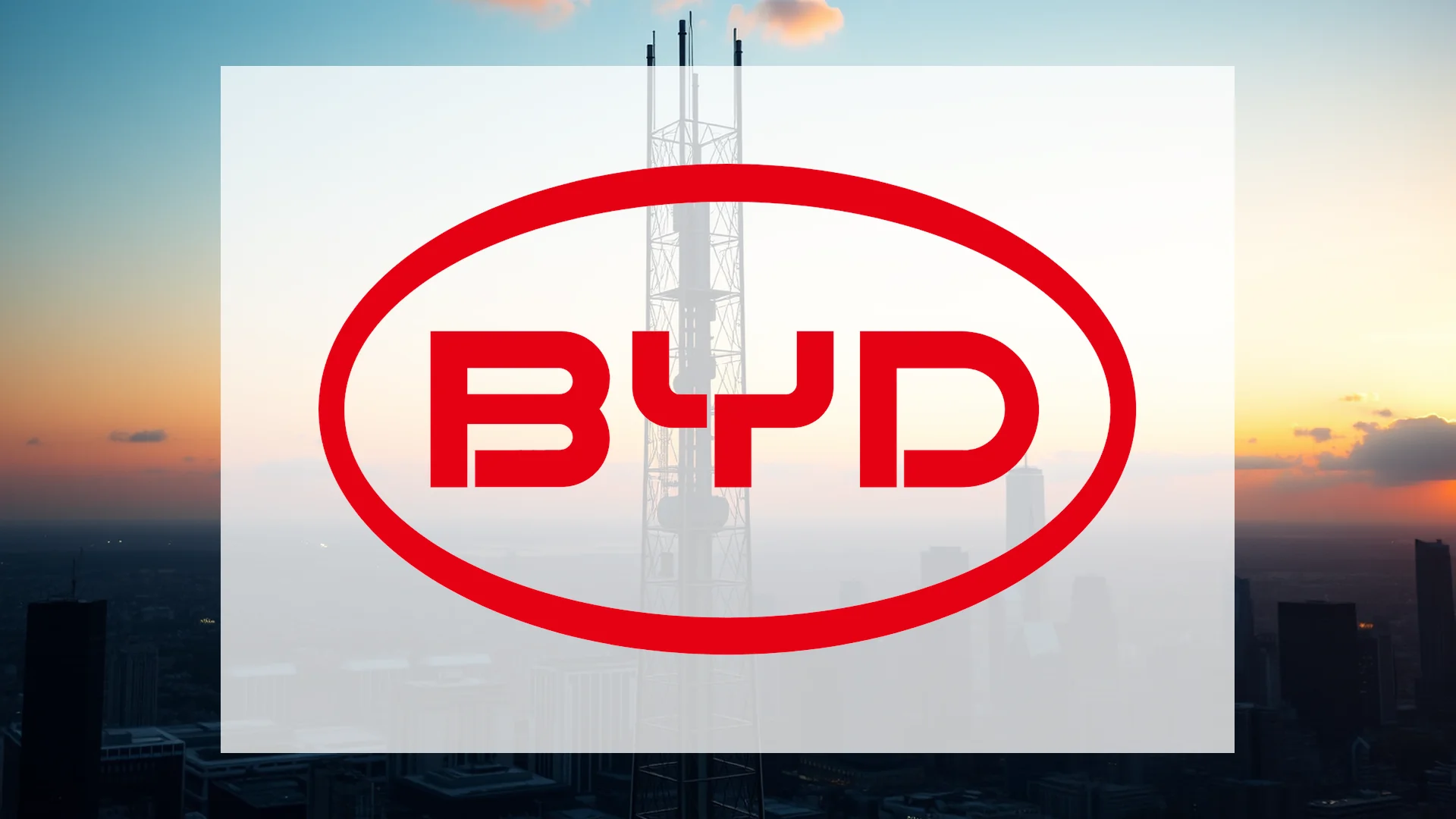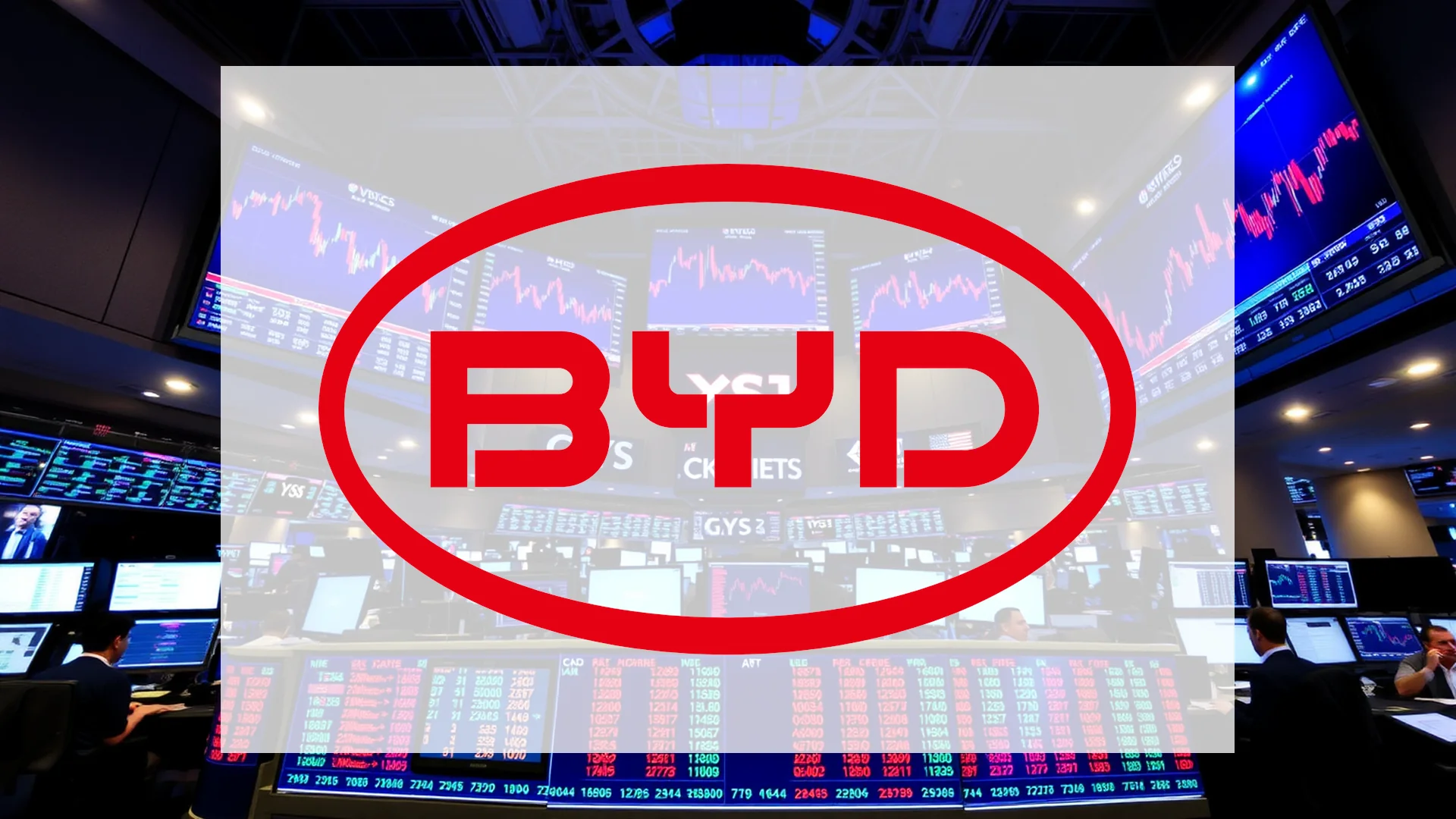
Chinese electric vehicle manufacturer BYD is experiencing significant selling pressure as reports surface of potential inclusion on a U.S. defense blacklist. This development has sparked investor anxiety despite the company’s continued operational success in key international markets.
Operational Milestones Contrast With Market Jitters
While financial markets react nervously to geopolitical developments, BYD’s core business operations demonstrate robust performance. The company recently celebrated two significant achievements that highlight its global expansion trajectory.
In Brazil, BYD’s manufacturing facility produced its 10,000th vehicle, marking an important production milestone. Simultaneously, the company is advancing its European strategy with the official debut of its new ATTO 2 DM-i Super Hybrid, confirmed by Executive Vice President Stella Li.
This divergence between operational strength and stock performance underscores the current market dynamic. As production expands in South America and sales initiatives progress in Europe, external political factors are weighing heavily on investor sentiment.
U.S. Defense Department Review Sparks Concerns
Market turbulence follows reports that the Pentagon is considering adding BYD to a list of companies allegedly maintaining ties to China’s military. The potential designation would include other Chinese technology giants such as Alibaba and Baidu.
Should investors sell immediately? Or is it worth buying BYD?
Investors are reacting to fears that inclusion on this list could lead to future investment restrictions or sanctions, mirroring outcomes experienced by other Chinese corporations in previous years. These concerns have translated into notable declines for BYD shares traded in Hong Kong and through American Depositary Receipts in U.S. markets.
Sector-Wide Challenges Compound Pressures
Beyond geopolitical factors, BYD faces industry-wide headwinds affecting the entire Chinese electric vehicle sector. Financial markets are growing increasingly concerned about profitability prospects for 2026, despite BYD’s dominant market position.
The combination of diminishing government subsidies in China and intense price competition is creating margin pressure across the industry. While BYD continues to outperform smaller competitors, the overall market sentiment has turned cautious.
The current situation leaves investors navigating uncertain territory. Share prices are clearly responding to the threat of potential U.S. regulatory actions, and market volatility is expected to persist until clarity emerges regarding the Pentagon’s final decision.
Ad
BYD Stock: Buy or Sell?! New BYD Analysis from February 28 delivers the answer:
The latest BYD figures speak for themselves: Urgent action needed for BYD investors. Is it worth buying or should you sell? Find out what to do now in the current free analysis from February 28.
BYD: Buy or sell? Read more here...



